Ancient Alchemists. The Art of Transformation
The ancient science of alchemy has its roots in the misty Egyptian past. Mythical knowledge and the legendary Philosopher's Stone haunted several generations of scholars in ancient and medieval times. Even today, people do not leave attempts to find clues to the mysteries of the universe.
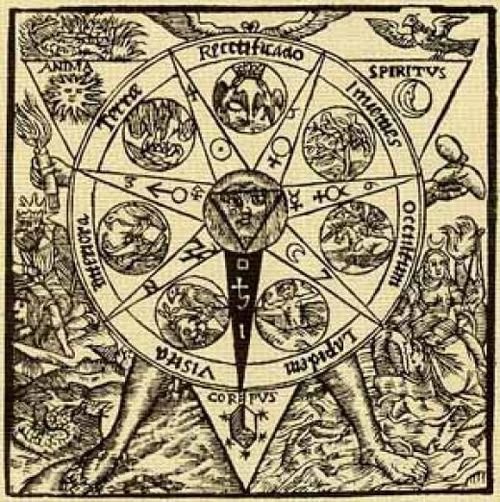
From time immemorial
Not many people know that the very name of "chemistry" of Egyptian origin. In very ancient times the majestic pyramids and sphinxes country was called Kemi (Black Earth). This name reflects the fertility of the land of Egypt in comparison with neighboring lifeless desert. In ancient times, Egypt was a center of science. For example, for several hundred years BC in Alexandria acted real Academy of Sciences, in which chemistry was given special importance and a separate building was constructed, the temple of Serapis. He was revered place of worship of wisdom, life and death. With regard to the origin of the word "alchemy", some researchers believe that the Egyptian "Chemi" was added "al" prefix from the Arab nomads, who may have adopted some of the lost as a result of looting of Egyptian knowledge.
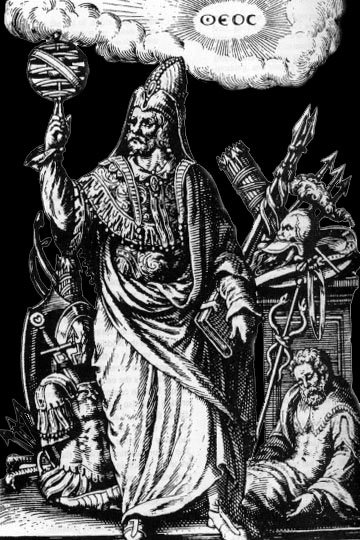
Aims and objectives of the alchemists
The earliest written mention of alchemy manuscript Julia Firmika considered. His main task of the ancient alchemists believed getting the Philosopher's Stone. The theory of the possibility of transformation "base metals" in the "noble" was based on the Greek notion of "primary elements" that make up matter. The Philosopher's Stone was called differently: the great elixir, red tincture, the philosophical egg, panacea, a red lion or the elixir of life. In addition to the ability to turn ordinary metals into gold, the philosopher's stone was supposed to have miraculous healing properties, which would allow the owner to live forever. Less well-known "white lion" or "white tincture," The stone which could pay substances in silver. Greek-Egyptian to distinguish, Western European and Arab alchemy school.
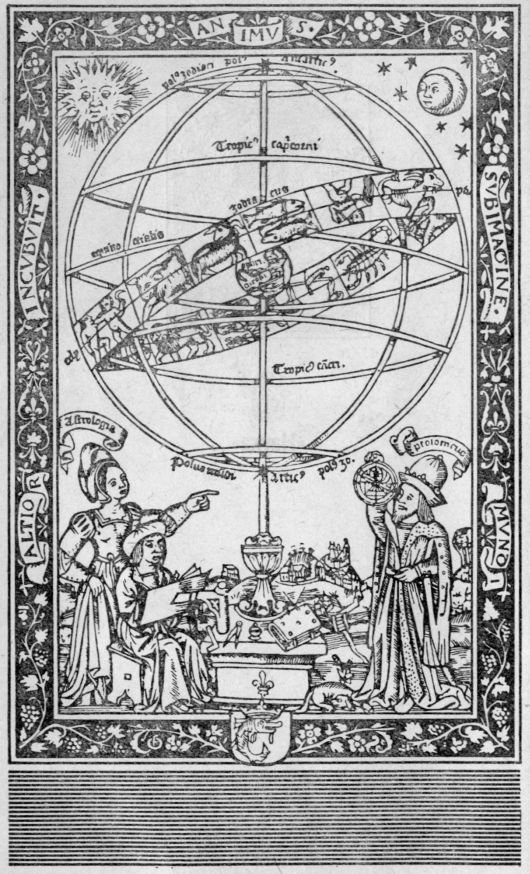
Famous ancient alchemists
One of the most famous alchemists of the past is considered to Albertus Magnus. The scientist was born in 1193. As a member of the Order of the Dominicans, young Albert had the opportunity to do science in the silence of the monastery cloister. After that, Albert moved to Paris, where he began to lecture at the university, is very popular among students. Subsequently, the area in which the master acted Albert received his name (Maubert area - «maitre Albert» area). To this day we preserved the works of this remarkable 5-sided scientist. He wrote "The Code", which says that the alchemist is obliged to keep secret the results of their experiments.
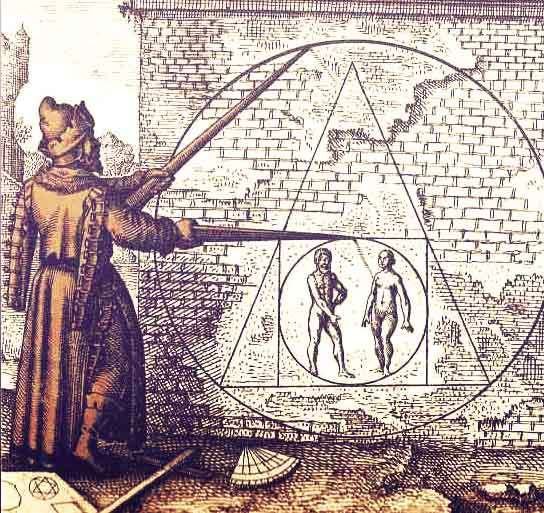
No less famous monk of the Franciscan Order and Roger Bacon, who lived in the years 1214-1292. The Englishman has devoted all his time alchemy. For refusing to give out the secrets of getting the gold he was sent to prison for 15 years, but in fact secret knowledge Bacon did not own.
Philip Aureolus, also known as Paracelsus, was a great physician of his time. He denied the possibility of the existence of the philosopher's stone, but successfully applied the experience gained by the alchemists in medicine. It is known that treatments Aureolus much in common with mysticism. He was fond of astrology and magic, thought that these sciences healer able to help more than all the treatises on medicine.
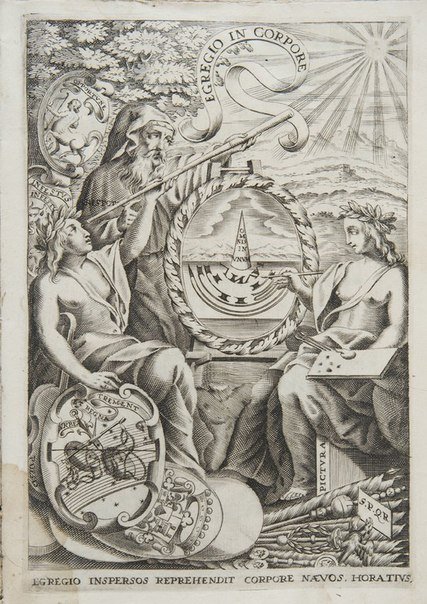
Yet one doctor, Arnold de Villanova, contemporaries accused of communicating with evil spirits. In his view, gold has healing powers. Arnold even the Pope would have healed that saved his life during the persecution by the Inquisition for the "heretical" ideas and thoughts. After the death of the scientist his manuscripts were destroyed by the Church as heretical.
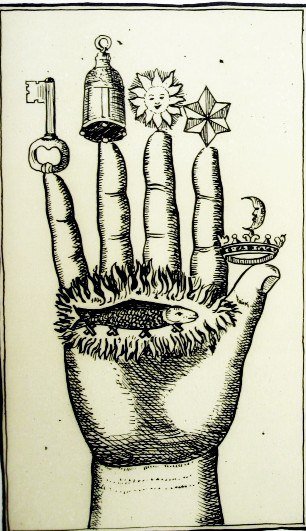
Romantic aspirations of the ancient alchemists alive today. Despite the development of science and technology, many dreamers believe in "Egyptian science" and are still scratching their heads over the methods of producing miraculous stone.
If you like it - follow @fess, vote and comment!